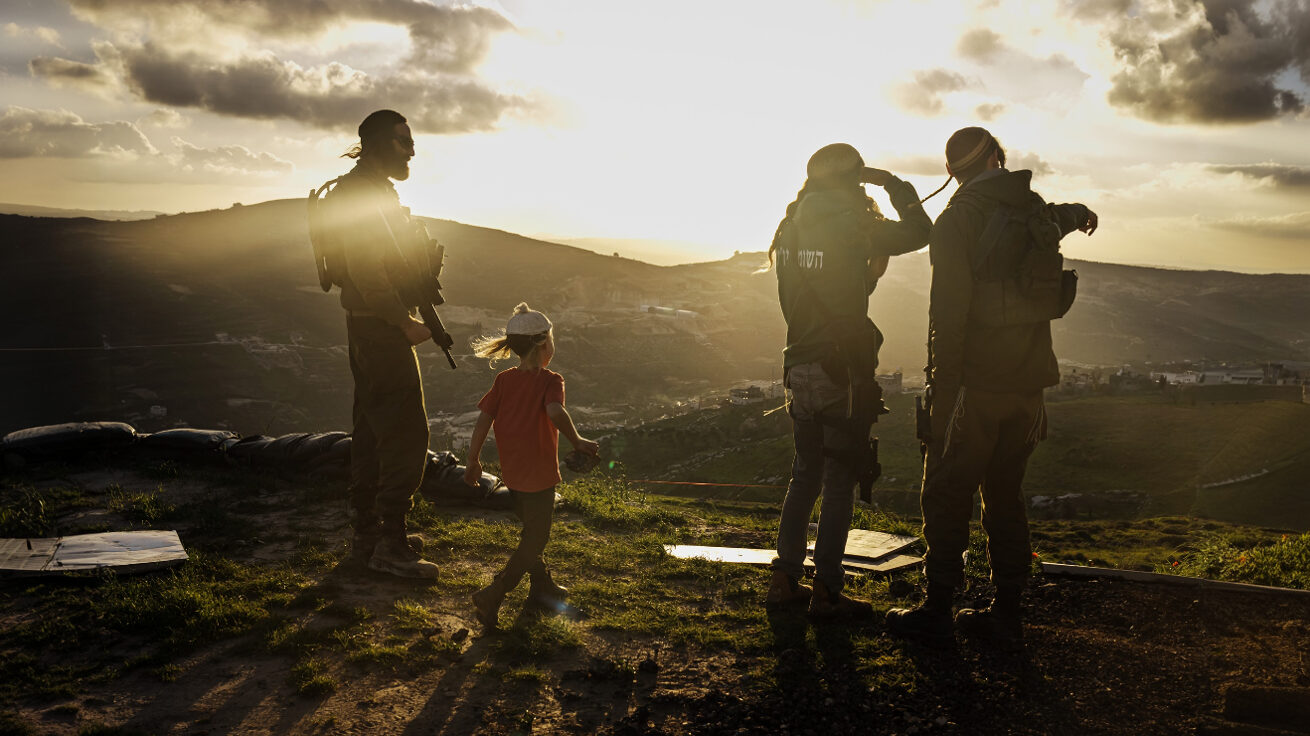More Than a Label: The Politics of ‘Settler’ in Israel and Palestine
In my latest explainer for The Media Line, I take a hard look at a deceptively simple word: settler. Following the killing of Palestinian American Saif Musalat in the West Bank, and the arrest of two Israeli suspects described by most media as settlers, our newsroom found itself debating the term itself. Is a settler someone who lives in a government-sanctioned West Bank community? Someone building an unauthorized outpost? A religious activist? A bargain-hunting young family priced out of housing inside the Green Line?
Far from a neutral label, “settler” carries heavy political, legal, and emotional freight. Its historical associations with colonialism have shaped its meaning in contemporary discourse, especially in contested areas like the West Bank. The Hebrew language offers more nuance—terms like mitnahel and mityashev hint at different motivations and connotations—but that subtlety is often lost in English-language coverage.
This holiday season, give to:
Truth and understanding
The Media Line's intrepid correspondents are in Israel, Gaza, Lebanon, Syria and Pakistan providing first-person reporting.
They all said they cover it.
We see it.
We report with just one agenda: the truth.


The story also explores groups like the “hilltop youth,” a few hundred young activists known for confrontational tactics and the creation of unauthorized outposts, as well as the larger population—estimated at 20,000 to 30,000—living in illegal settlements who don’t engage in violence. While the total number of Israeli Jews in the West Bank is over half a million, including annexed east Jerusalem, the diversity within that population defies easy categorization.
The word “settler” is not just a label—it’s a battlefield in itself. Understanding its complexities is key to reporting, diplomacy, and even the possibility of peace.
You can read my full article at The Media Line, where I unpack these issues in greater detail.

